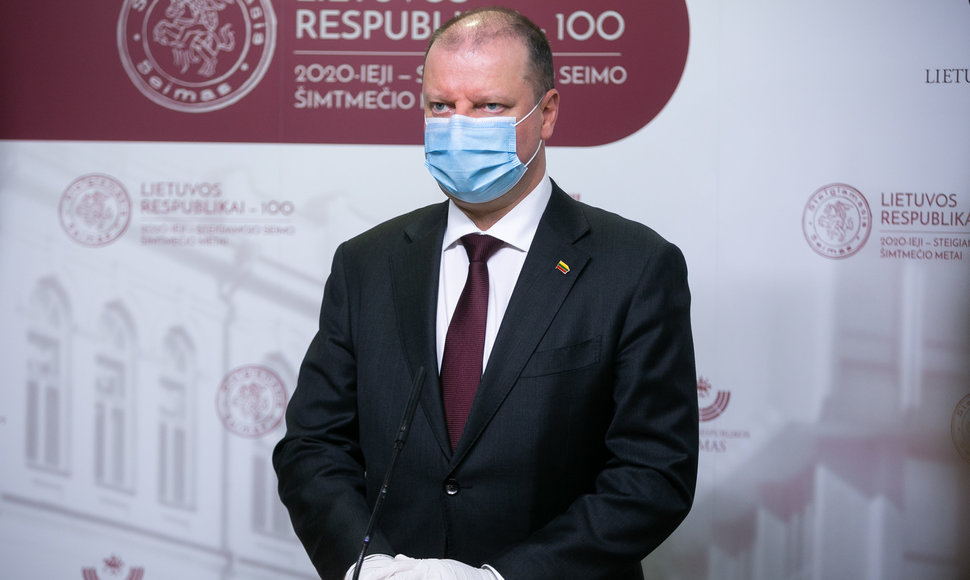On Thursday, the VTEK unanimously voted to end an investigation on S. Skvernelis, failing to obtain data that he could have known that a part of the funding on whose redistribution he voted would be used to asphalt the street he lives on.
The VTEK emphasised that with new circumstances emerging, the terminated investigation could be renewed.
S. Skvernelis himself celebrated on Thursday that the unpleasant story has been brought to a conclusion.
“I am certainly happy that a final legal verdict has been made in this story. I had no doubt about it from day one,” he said in a press conference organised after the VTEK sitting.
However, by ending the investigation, did the VTEK truly present a legal evaluation of the situation and the prime minister’s actions?
Based on the Chief Official Ethics Commission law, an investigation can be terminated for two reasons:
- When during an investigation, it is found that the individual in question is not a subject of the VTEK’s oversight.
- When there is insufficient data necessary for a legal evaluation of the individual’s actions.
The first reason is not a match with S. Skvernelis’ case because he is under the oversight of the VTEK. This means that the commission terminated the investigation because there was insufficient data for legal evaluation.
When asked on Thursday whether, given insufficient data, there is no final ruling by the commission, VTEK member Virginijus Kanapinskas answered positively.
“We terminated the investigation due to insufficient data. […] We terminated it and said that if new circumstances emerge, we can renew the investigation – we have the right to do so as per the law,” he emphasised.
Prime Minister S. Skvernelis is a jurist by education. As such, why did he claim that a legal evaluation has been made if it’s untrue?
“The prime minister said what he wanted to say and as much as he wanted to say. He will offer no further comment, leaving the opportunity to evaluate and interpret to you,” S. Skvernelis’ advisor Tomas Beržinskas relayed the prime minister’s position to 15min.
Based on the law, the VTEK can make seven types of rulings, among them – that the individual was in breach of the public and private interest coordination provisions or rule that the individual was not in breach of them. The VTEK chose neither option – the commission decided to halt the investigation due to lacking data that could allow for a legal evaluation of the individual’s actions. Considering that the commission has kept the right to renew the investigation, 15min evaluates that S. Skvernelis’ claim that a final legal verdict has been made is untrue.













